Event planning: a quick how-to guide

Event planning: a quick how-to guide
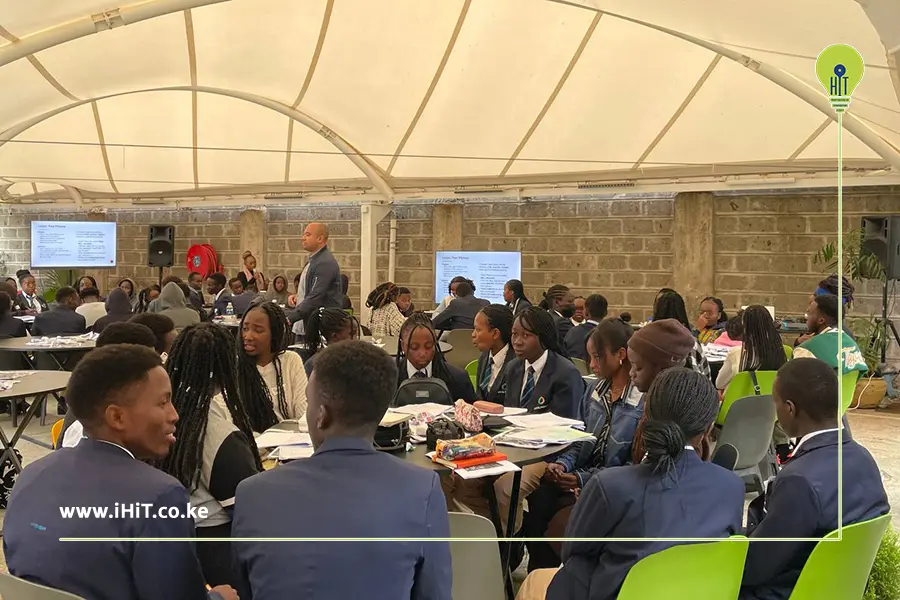
Event planning: a quick how-to guide

Creation date: 5 November 2022
Last update: 8 April 2024
Time to read: < 1 minute
Creation date: 5 November 2022 Last update: 8 April 2024 Time to read: < 1 minute
Creation date: 5 November 2022 Last update: 8 April 2024 Time to read: < 1 minute
Titles Contents:
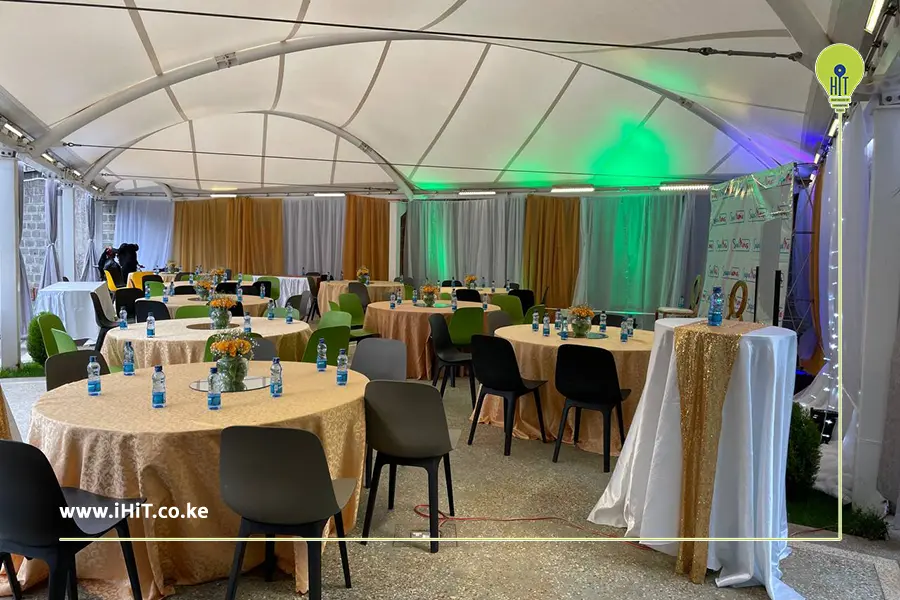
- Introduction
- Planning event space: what your needs are
- The types and number of people in attendance
- Special guests or speakers planning
- How long the event will last and what to do in case it runs over?
1.Introduction
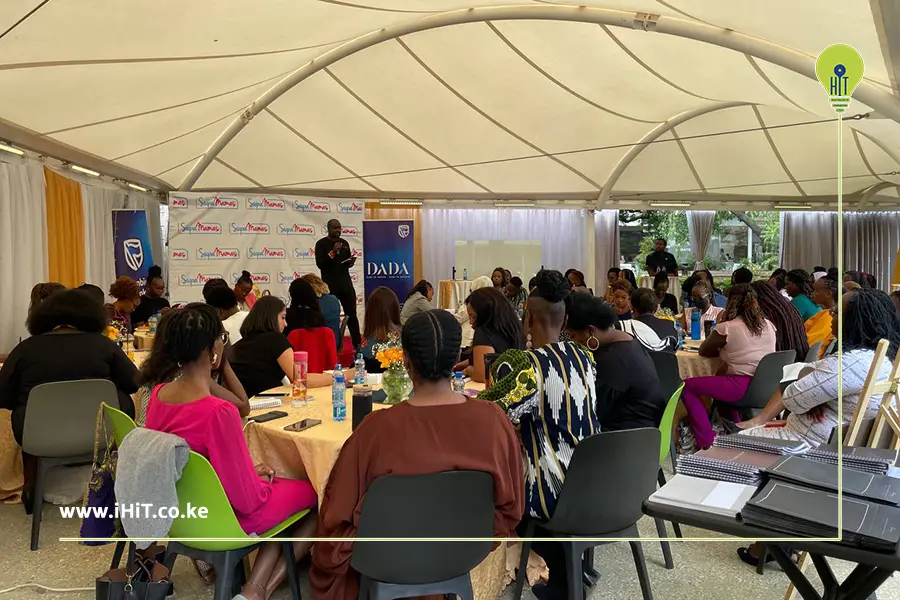
Planning a party or other gathering can be a demanding endeavor. The success of your event may hinge on several factors, and any one of them could go wrong but don’t worry. We compiled a list of helpful tips to serve as a quick guide to event space planning and more.
2. Planning event space: what your needs are
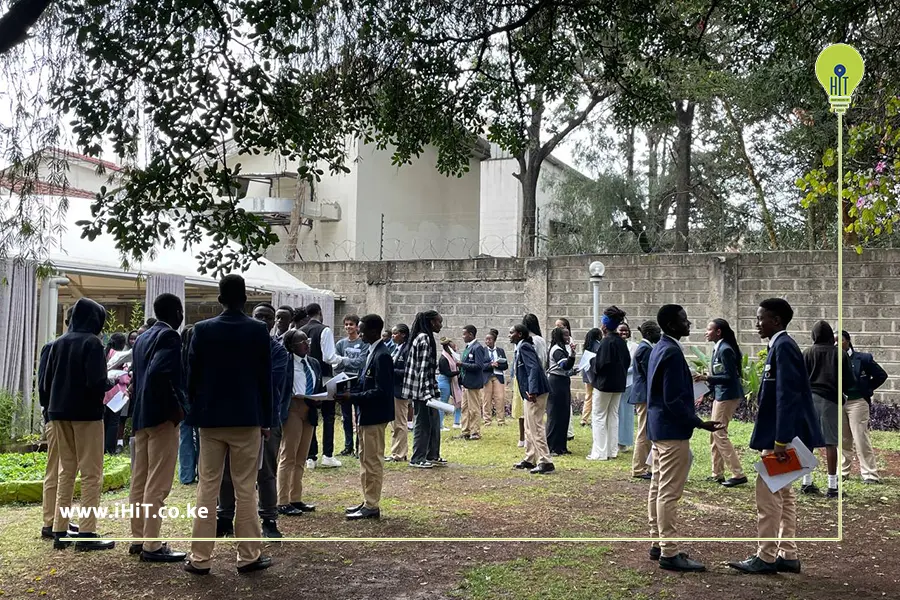
Choosing the right event space is one of the most critical elements of an event organizer. Here’s what you should consider.
- Location: This is an important tip for event space rental or even event space nairobi. You should try to find a location for a local event that is easily accessible by public transportation methods and is not too far from most expected guests’ houses or workplaces. Locating your event close to the airport or attendees’ hotels is a must if you expect many out-of-towners.
- Parking: To maximize attendance and convenience, it’s best to hold the event at a location with parking. If that’s not possible, look around for nearby parking lots that guests could use.
- Convenience and Accessibility: Look closely at the inside design of the venue and consider the building’s interior and architectural style so that you can bring more ambiance to attendees. Accessibility is the degree to which people, including those with disabilities, can enter and move around a building and use its services. To successfully meet the demands of your audience, you must first know your target attendees.
- Right Acoustics: Have you ever been to an event where the volume was too high to carry on a conversation? This is typically the result of weak acoustics. Even if the acoustics aren’t the deciding factor in whether or not your event space is successful, they nevertheless deserve some thought and consideration.
3. The types and number of people in attendance
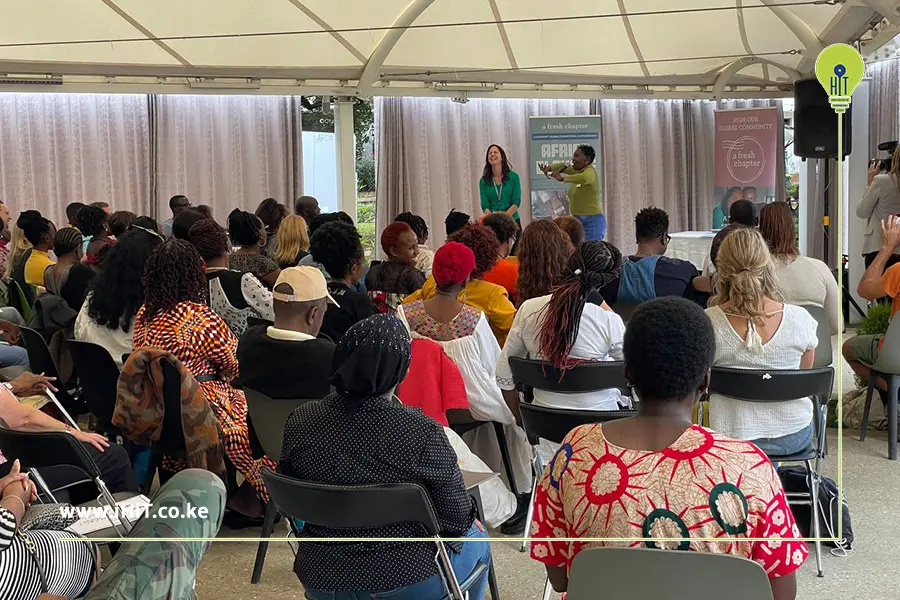
For several reasons, you must be aware of the room’s capacities. To begin, a room that can only technically hold 150 people is inadequate for a gathering of 300. Furthermore, you should think about and adhere to fire and safety regulations.
You must decide your target audience and what they require based on your goals. Your time and resources spent on event preparation will be wasted if you don’t consider your target demographic carefully.
4. Special guests or speakers planning
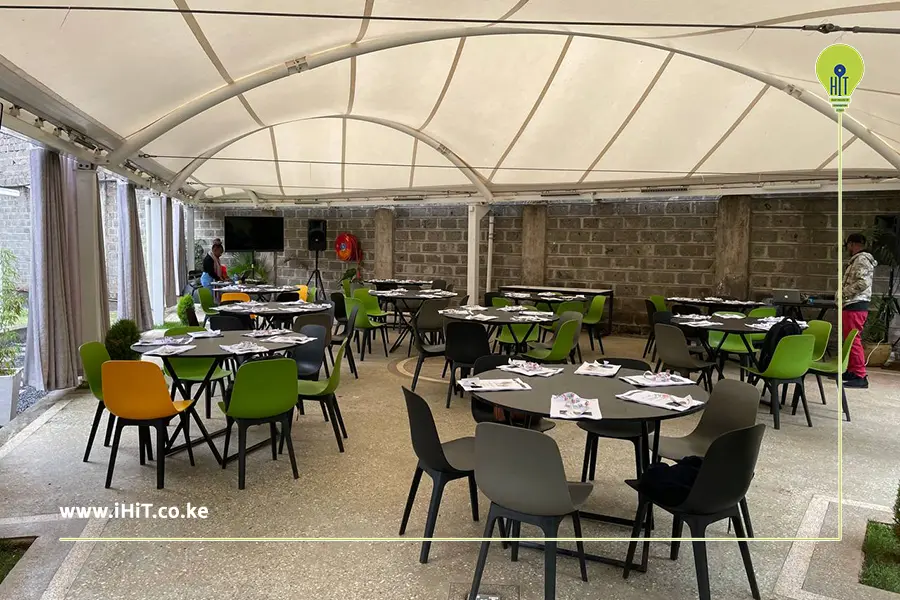
The ideal speaker may make or break your event regarding signups and attendance. Proper planning is also essential here as much as event space planning. Here’s what you should consider for better planning and to work more effectively with special guests or speakers.
- Communication Is Vital: Working with a well-prepared and proactive event planner can ease the stress and increase the fun of preparing for a speech. For more precise preparation, have them send a list of what they need regarding room setup, microphones, handouts, etc.
- A Checklist For Better Planning :Here is a checklist to help you and your guest speakers have productive communication.
- The date of the event
- The event’s time
- Topic
- Time allocated for the speaker’s talk
- When the event will take place
- The times that people are expected to arrive and leave the event
- Expected Attendance
- The requirement for audiovisual equipment
- Preferred Microphone Type
- Stage and lectern type preferences
- Preferred setup for the room
- There is a need for training materials
- Handouts
- Meal planning considerations for those with food sensitivities
- Preferred hotel
- Ground transportation preferences
- Information about the speaker or recommended introductory material
- Win Over Your Guest Speaker: The most successful events are those in which the speakers are treated with respect and not merely tolerated as filler for the stage. If you put in extra time and effort to plan ahead, keep in close contact, and handle all the event’s preparations, your speakers will be more than happy to take the stage.
Special guests or speakers can give their best presentations if you take the time to follow this checklist and meet their needs.
5. How long the event will last and what to do in case it runs over?
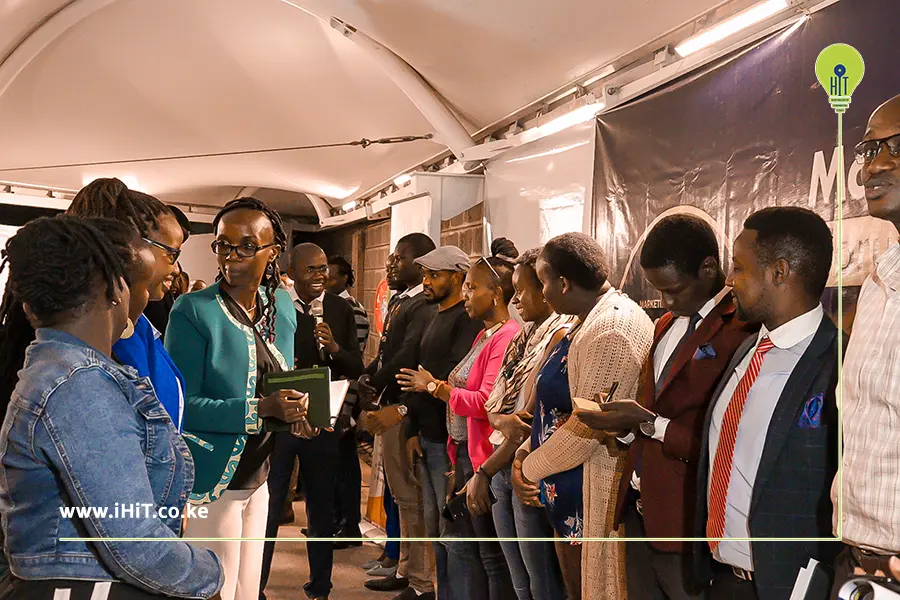
The answer to this question is completely event space and type-dependent. An evening or nighttime event, such as a birthday for an adult, should last at least four hours. The average wedding reception lasts around four hours. Conferences may go on for several days, but generally, no event on a day should go longer than eight hours. Here’s what you should do to avoid running overtime:
- Stage Timer: The stage timer should be placed at the downstage edge of the stage, and someone should be in charge of operating it.
- Stage Manager to Ensure Success: The stage manager’s sole responsibility is to ensure no hiccups or delays in the transitions between presentations or other activities taking place on stage.
- Don’t Forget About Buffers: It will take longer than five hours to give five presentations, each of which will last an hour. Five to seven minutes should be allotted between each presentation. This is because if you don’t leave yourself an hour of wiggle room in case something goes wrong during the previous presentation, you’ll be forced to cut into the time allotted for the following one.
Titles Contents:
- Introduction
- Planning event space: what your needs are
- The types and number of people in attendance
- Special guests or speakers planning
- How long the event will last and what to do in case it runs over?

1.Introduction

Planning a party or other gathering can be a demanding endeavor. The success of your event may hinge on several factors, and any one of them could go wrong but don’t worry. We compiled a list of helpful tips to serve as a quick guide to event space planning and more.
2. Planning event space: what your needs are
Choosing the right event space is one of the most critical elements of an event organizer. Here’s what you should consider.
- Location: This is an important tip for event space rental or even event space nairobi. You should try to find a location for a local event that is easily accessible by public transportation methods and is not too far from most expected guests’ houses or workplaces. Locating your event close to the airport or attendees’ hotels is a must if you expect many out-of-towners.
- Parking: To maximize attendance and convenience, it’s best to hold the event at a location with parking. If that’s not possible, look around for nearby parking lots that guests could use.
- Convenience and Accessibility: Look closely at the inside design of the venue and consider the building’s interior and architectural style so that you can bring more ambiance to attendees. Accessibility is the degree to which people, including those with disabilities, can enter and move around a building and use its services. To successfully meet the demands of your audience, you must first know your target attendees.
- Right Acoustics: Have you ever been to an event where the volume was too high to carry on a conversation? This is typically the result of weak acoustics. Even if the acoustics aren’t the deciding factor in whether or not your event space is successful, they nevertheless deserve some thought and consideration.

3. The types and number of people in attendance

For several reasons, you must be aware of the room’s capacities. To begin, a room that can only technically hold 150 people is inadequate for a gathering of 300. Furthermore, you should think about and adhere to fire and safety regulations.
You must decide your target audience and what they require based on your goals. Your time and resources spent on event preparation will be wasted if you don’t consider your target demographic carefully.
4. Special guests or speakers planning

The ideal speaker may make or break your event regarding signups and attendance. Proper planning is also essential here as much as event space planning. Here’s what you should consider for better planning and to work more effectively with special guests or speakers.
- Communication Is Vital: Working with a well-prepared and proactive event planner can ease the stress and increase the fun of preparing for a speech. For more precise preparation, have them send a list of what they need regarding room setup, microphones, handouts, etc.
- A Checklist For Better Planning :Here is a checklist to help you and your guest speakers have productive communication.
- The date of the event
- The event’s time
- Topic
- Time allocated for the speaker’s talk
- When the event will take place
- The times that people are expected to arrive and leave the event
- Expected Attendance
- The requirement for audiovisual equipment
- Preferred Microphone Type
- Stage and lectern type preferences
- Preferred setup for the room
- There is a need for training materials
- Handouts
- Meal planning considerations for those with food sensitivities
- Preferred hotel
- Ground transportation preferences
- Information about the speaker or recommended introductory material
- Win Over Your Guest Speaker: The most successful events are those in which the speakers are treated with respect and not merely tolerated as filler for the stage. If you put in extra time and effort to plan ahead, keep in close contact, and handle all the event’s preparations, your speakers will be more than happy to take the stage.
Special guests or speakers can give their best presentations if you take the time to follow this checklist and meet their needs.
5. How long the event will last and what to do in case it runs over?

The answer to this question is completely event space and type-dependent. An evening or nighttime event, such as a birthday for an adult, should last at least four hours. The average wedding reception lasts around four hours. Conferences may go on for several days, but generally, no event on a day should go longer than eight hours. Here’s what you should do to avoid running overtime:
- Stage Timer: The stage timer should be placed at the downstage edge of the stage, and someone should be in charge of operating it.
- Stage Manager to Ensure Success: The stage manager’s sole responsibility is to ensure no hiccups or delays in the transitions between presentations or other activities taking place on stage.
- Don’t Forget About Buffers: It will take longer than five hours to give five presentations, each of which will last an hour. Five to seven minutes should be allotted between each presentation. This is because if you don’t leave yourself an hour of wiggle room in case something goes wrong during the previous presentation, you’ll be forced to cut into the time allotted for the following one.
